Photo credits: Thirteen/Greg Heisler
Throughout the history of the United States, the collective economic potential of Black America has been under attack in many forms.
Even after the legislative abolition of Black slavery (which realistically only occurred on paper), systemic measures were taken by America’s ruling establishment. These measures aimed to stifle the probable economic growth of Black individuals and their collective race. Every generation of each passing American century has produced verifiable systemic barriers with such aims.
In the 1940s, many of the U.S. government’s tactics of offsetting Black economic growth were implemented by practices undertaken in the nation’s housing policies. However, on the east side of Baltimore, Maryland in 1942, a Black boy was born who grew up to rise above all those same socioeconomic obstacles that plagued his hard-working community.
His name was Reginald F. Lewis (pictured), a man who is credited by historians as the first billionaire of Black America.’
Lewis started learning and applying successful business strategies at the age of 10. When he reached high school, he focused heavily on sports and was a dominant athlete. Lewis played baseball, basketball, and football. Not only did he excel at all three sports, his coaches selected him as a designated leader of his teammates in each sport.
This dedication earned Lewis a college football scholarship in 1961. He thrived at Virginia State University despite his athletic career their getting cut short due to injuries. However, after graduating with honors from Virginia State and receiving his bachelor’s degree, Lewis achieved his dream of pursuing legal studies in graduate school.
By 1968, he graduated from Harvard Law School and had rocketed to financial prominence. Lewis practiced corporate law first before moving on to become an attorney advocate for social justice. Lewis excelled at the New York-based Commission for Racial Justice, which is where he advocated victoriously on behalf of the Wilmington 10.
Ever the Renaissance man, Lewis used the legal negotiation skills and established financial freedom he possessed to invest his way into the world of venture capitalism. The economic recipe that calls for buying struggling businesses, making them solvent, and selling them at a major profit created the monetary feast, which propelled Lewis to billionaire status as a businessman.
In 1992, Lewis and his partners’ food service company (TLC Beatrice International) recorded multiple years of business transactions in which the firm made billions of dollars annually. This was the first time a Black-owned firm had ever irrefutably achieved legitimate billion-dollar status in the history of American business.
Also along the way, Lewis found time to impact the world in another way: Writing. Black America’s first Wall Street baron wrote several books and became a prolific published author.
The title of one of Lewis’ books (Why Should White Guys Have All The Fun?) derived from a question he asked his grandparents at the age of six.
He questioned them after hearing them talk to him about Black America’s struggles. The audacious, tenacious, and confident curiosity Lewis exhibited as a child transformed him into a man that a museum was eventually named after.
Lewis’ 1993 death may have signaled the end of his legendary life in human form. However, his legacy of being a Black man in America who shrewdly ruled the business world in the face of systemic racism’s white gatekeepers will always live on.

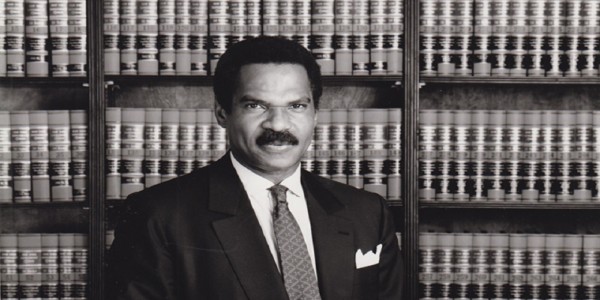




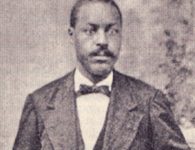

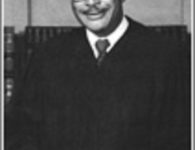


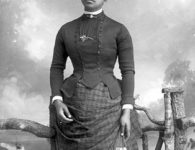



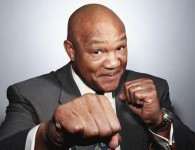

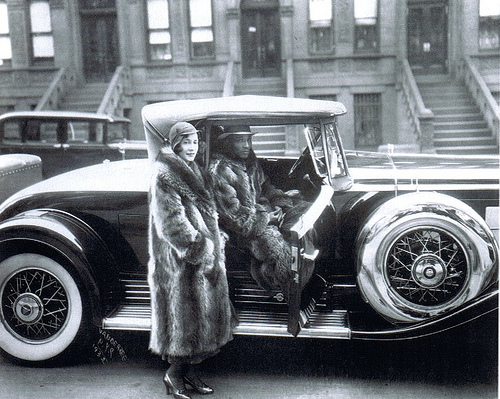

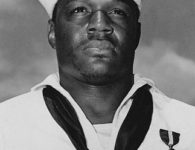

1 Comment
How can I get a copy of his books